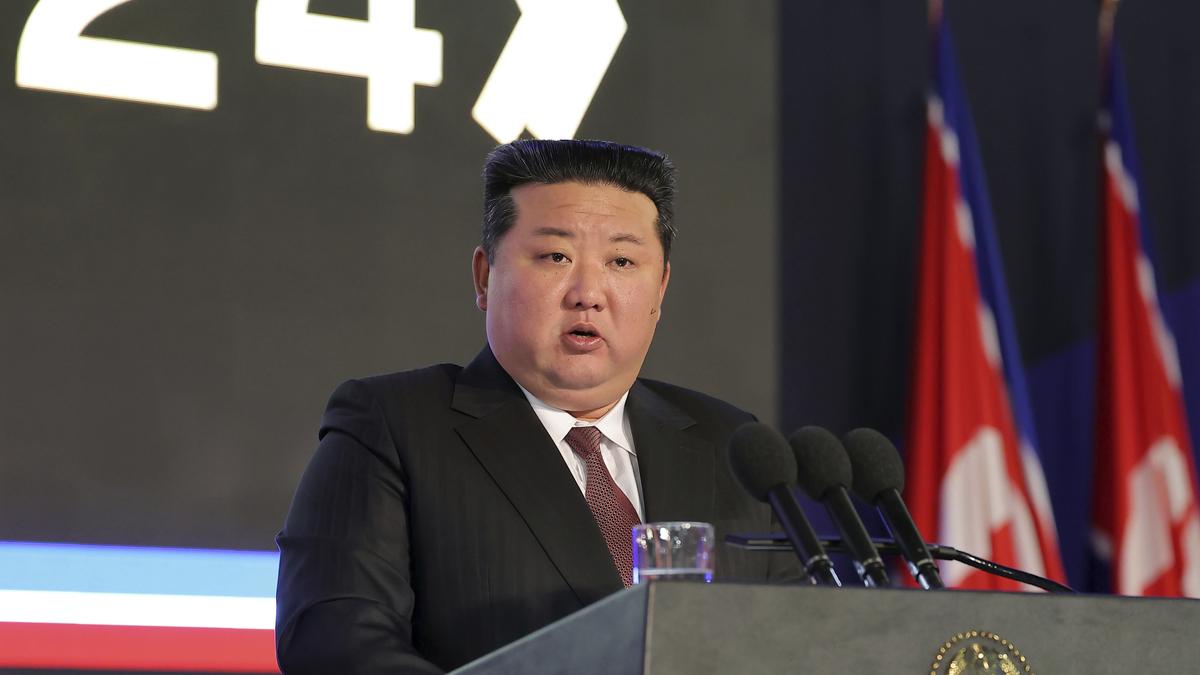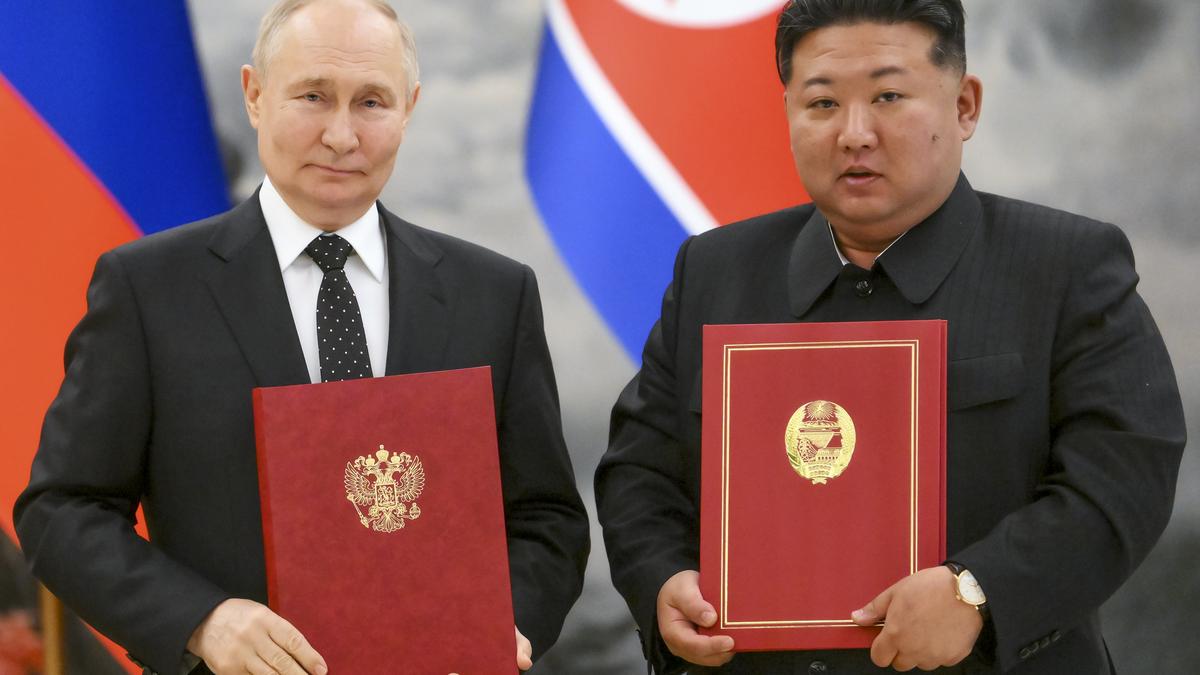India on May 10 voted in favour of a draft U.N. General Assembly resolution that said Palestine is qualified and should be admitted as full member of the United Nations and recommended that the Security Council “reconsider” the matter “favourably”.
The 193-member General Assembly met in the morning for an emergency special session where the Arab Group resolution ‘Admission of new Members to the United Nations’, in support of the State of Palestine’s full membership in the UN, was presented by the UAE, as Chair of the Arab Group in May.
Editorial | Permanent status: On Palestine and the U.N.
The resolution got 143 votes in favour, including by India, nine against and 25 abstentions. The UNGA hall broke into an applause after the vote was cast.
Palestinian Ambassador to the United Nations Riyad Mansour addresses delegates during the United Nations General Assembly before voting on a draft resolution that seeks to recognise Palestine as qualified to become a full U.N. member on May 10, 2024. | Photo Credit: Reuters
The resolution determined that “the State of Palestine is qualified for membership in the United Nations” in accordance with Article 4 of the Charter of the U.N. and “should therefore be admitted to membership in the United Nations”. It recommended that the Security Council “reconsider the matter favourably, in the light of this determination”.
India was the first non-Arab State to recognise the Palestine Liberation Organisation as the sole and legitimate representative of the Palestinian people in 1974. India was also one of the first countries to recognise the State of Palestine in 1988 and in 1996, Delhi opened its Representative Office to the Palestine Authority in Gaza, which was later shifted to Ramallah in 2003.
Rights and privileges
An annex to the resolution said the additional rights and privileges of participation of the State of Palestine will be effective as of the 79th session of the General Assembly that begins in September in 2024.
These include the right to be seated among member states in alphabetical order; the right to make statements on behalf of a group, including among representatives of major groups; the right of members of the delegation of the State of Palestine to be elected as officers in the plenary and the Main Committees of the General Assembly and the right to full and effective participation in U.N. conferences and international conferences and meetings convened under the auspices of the General Assembly.
Palestine, in its capacity as an observer state, does not have the right to vote in the General Assembly or to put forward its candidature to U.N. organs.




